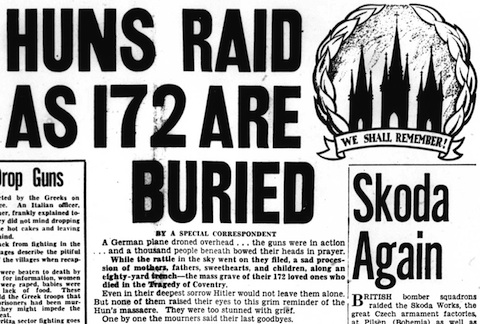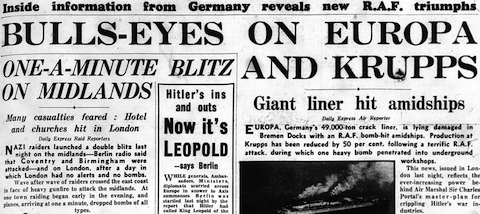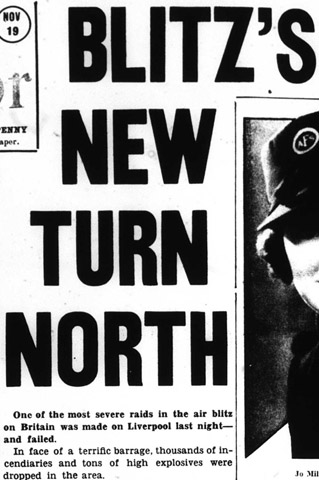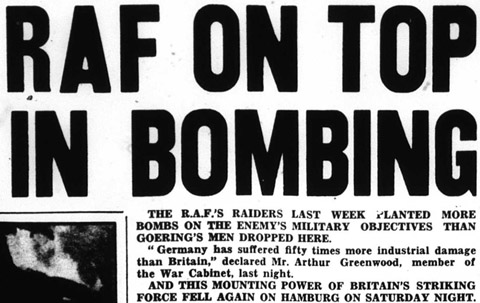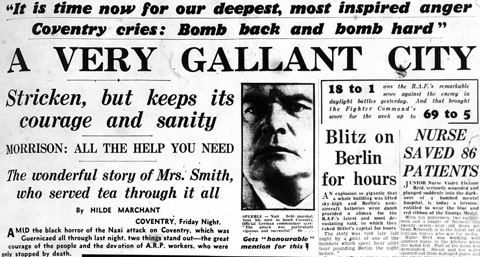Against original research
[Cross-posted at Cliopatria.] I know. Writing about Wikipedia is so 2006. And yes, finding errors in Wikipedia articles is not exactly difficult. But I have a bee in my bonnet which needs releasing. Wikipedia’s page on the Blitz has a section entitled ‘Commencement on September 6’. This is how it currently reads (sans hyperlinks and […]

